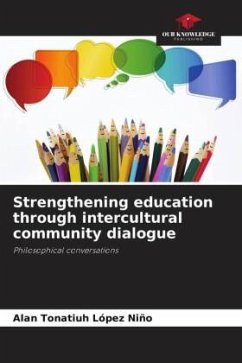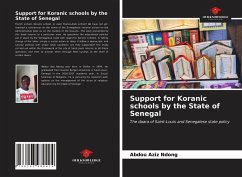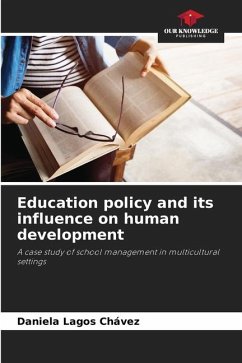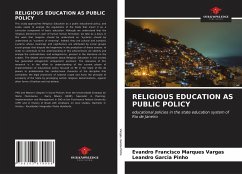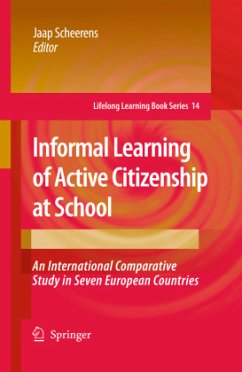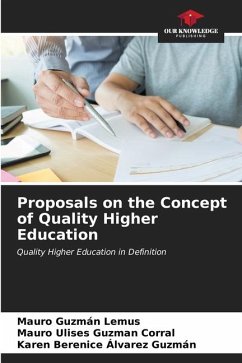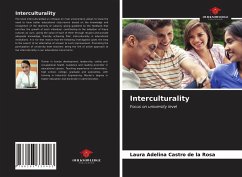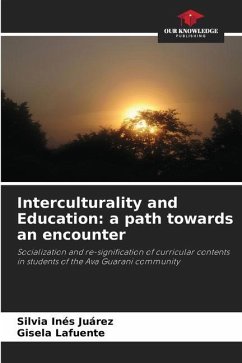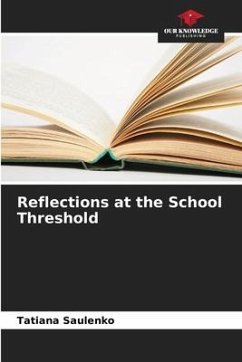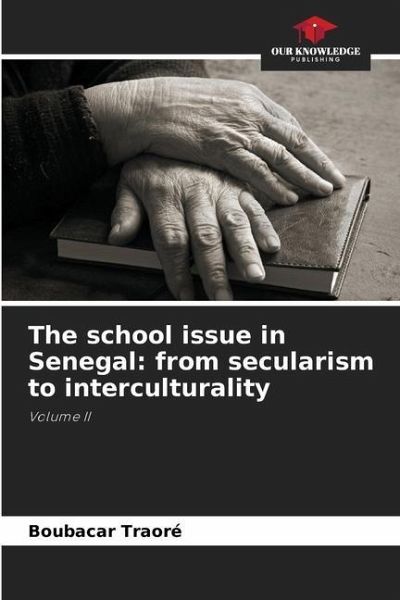
The school issue in Senegal: from secularism to interculturality
Volume II
Versandkostenfrei!
Versandfertig in 6-10 Tagen
57,99 €
inkl. MwSt.

PAYBACK Punkte
29 °P sammeln!
The difficulties experienced by the Senegalese education system in implementing various policies and the relatively low rate of school enrolment (around 60%) are the result of a malaise linked to the secular school and its pedagogy. The encounter of the learner at a young age with different educational systems and their antagonistic pedagogies reflecting the facets of environmental cultures (family, environment, school) deserves an adaptation of the transmission of knowledge and a rethinking of the educational system. Interculturality is the dialectical result of two (or more) cultures and its...
The difficulties experienced by the Senegalese education system in implementing various policies and the relatively low rate of school enrolment (around 60%) are the result of a malaise linked to the secular school and its pedagogy. The encounter of the learner at a young age with different educational systems and their antagonistic pedagogies reflecting the facets of environmental cultures (family, environment, school) deserves an adaptation of the transmission of knowledge and a rethinking of the educational system. Interculturality is the dialectical result of two (or more) cultures and its effects in a particular exchange situation. It is indeed the result of a dynamic balance between the feeling of being oneself and the need to open up to the other (to others) with whom one is in interrelationship. The Senegalese man, steeped in his ambient, environmental culture, socially fulfilled, tolerant, is capable of economic development and adapting to all skies. This second volume deals with interculturality as the basis of an open and modern pedagogy.



